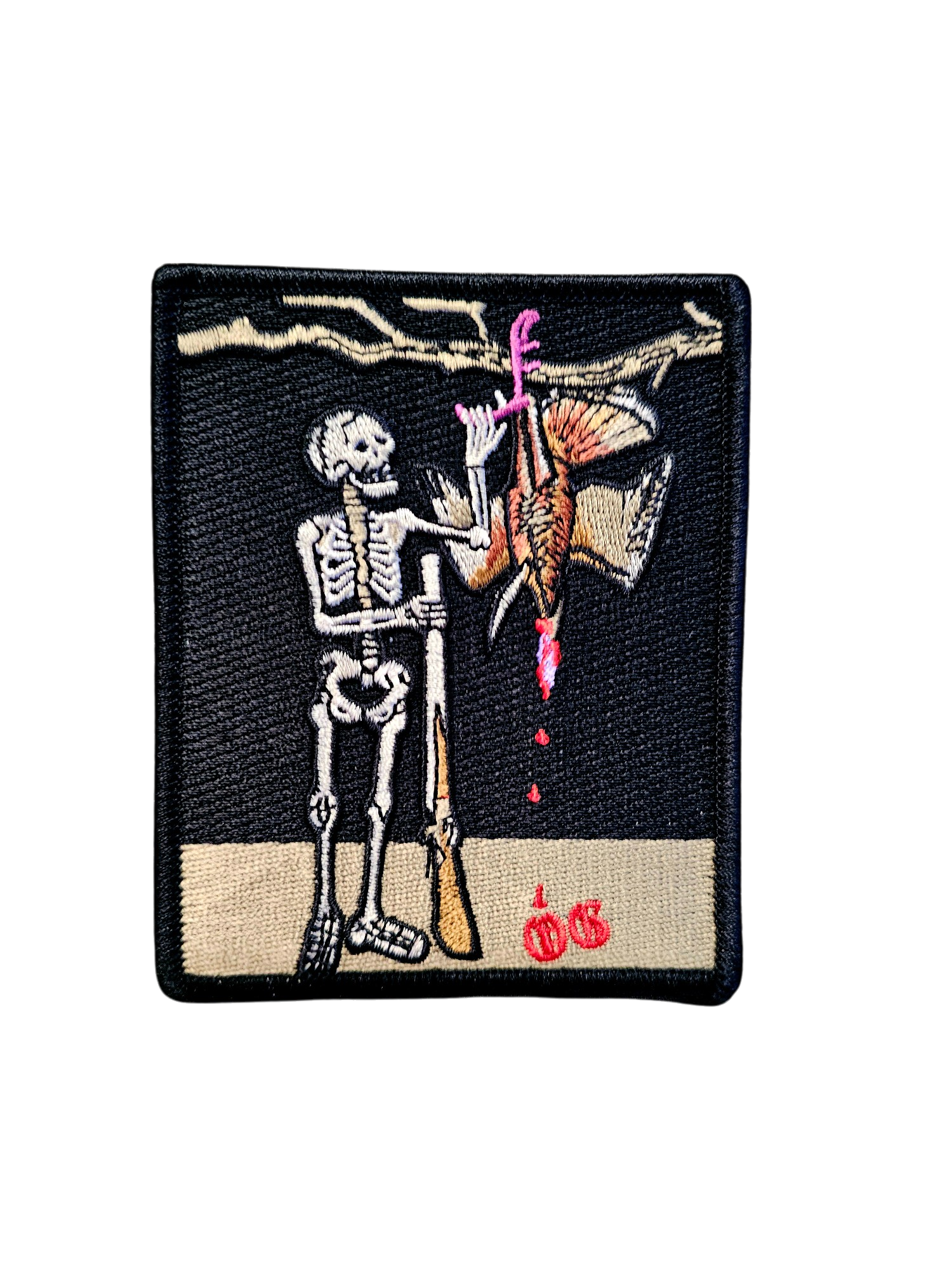        |
Read something interesting and was just ponderingStarted by savduck, May 09, 2012, 04:30:53 PM Previous topic - Next topic
User actions
|
        |
Read something interesting and was just ponderingStarted by savduck, May 09, 2012, 04:30:53 PM Previous topic - Next topic
User actions
|